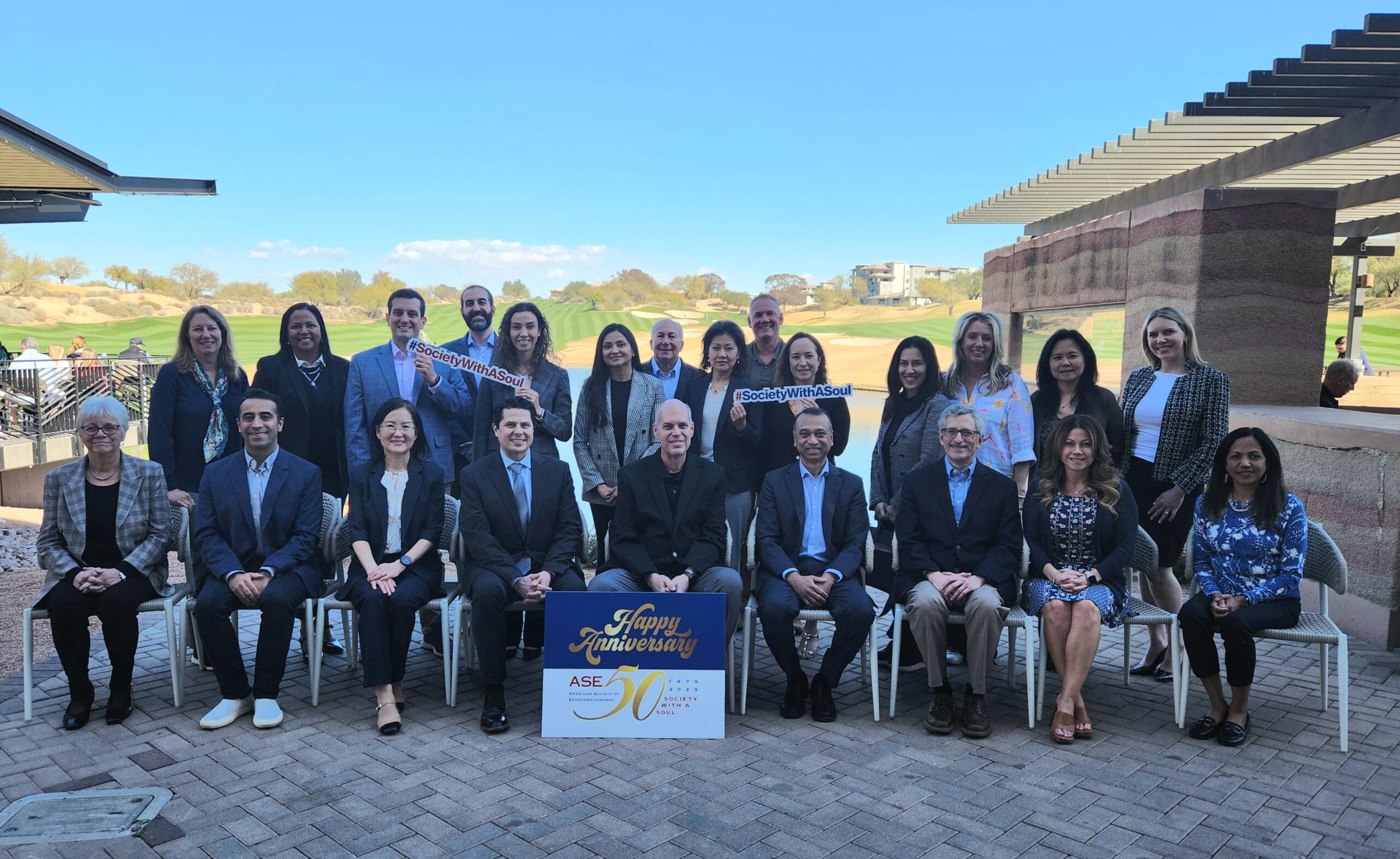Executive Committee
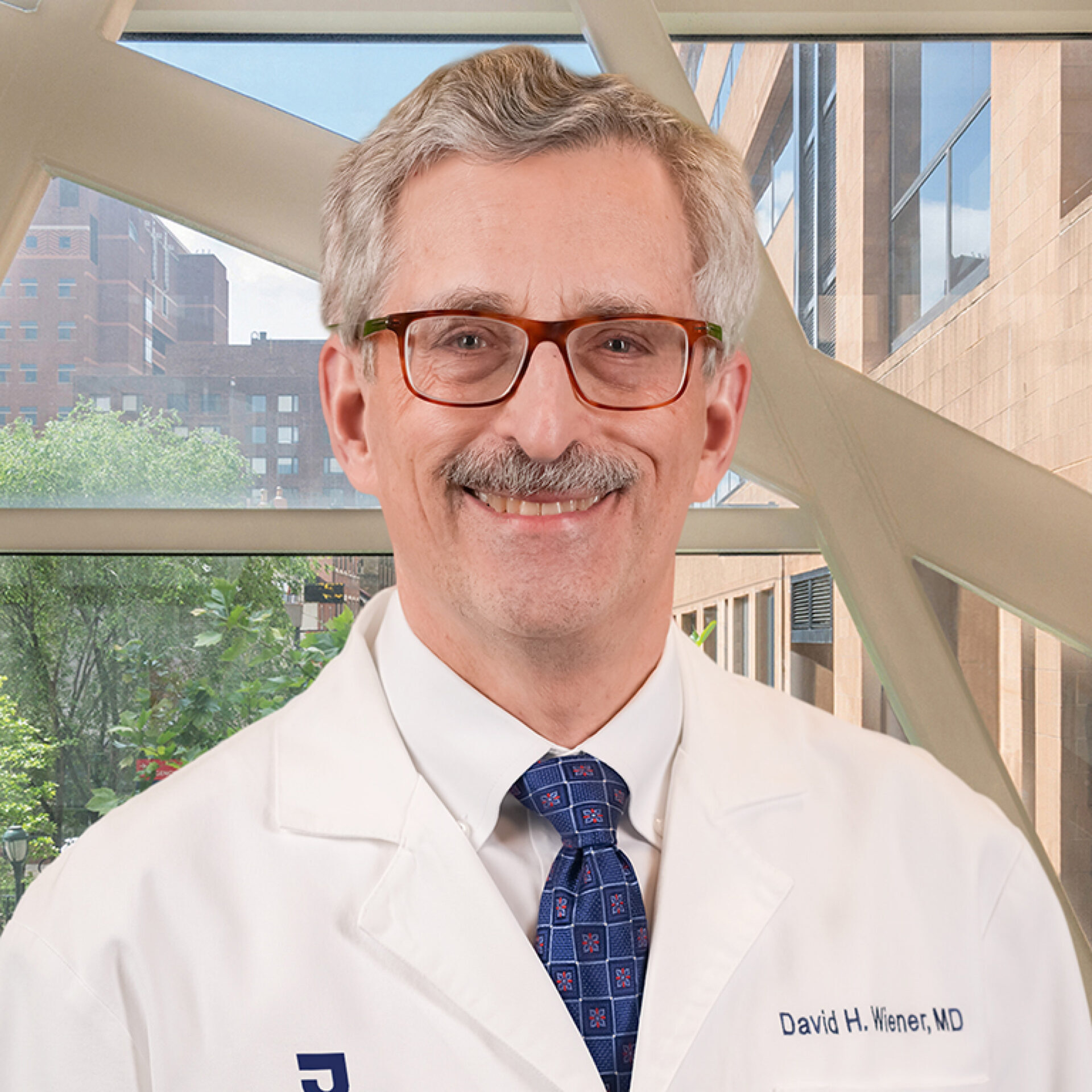
David Wiener, MD, FASE
President (term expires June 2026) Thomas Jefferson University Hospital, Philadelphia, PA
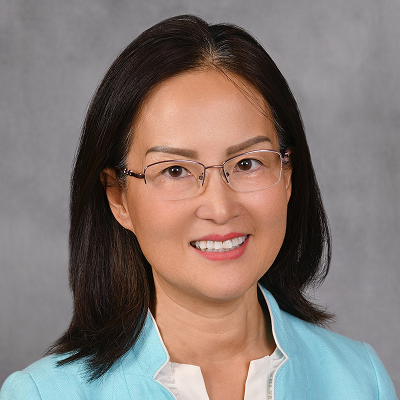
Cynthia Taub, MD, MBA, FASE
President Elect (term expires June 2026) SUNY Upstate Medical University, Syracuse, NY
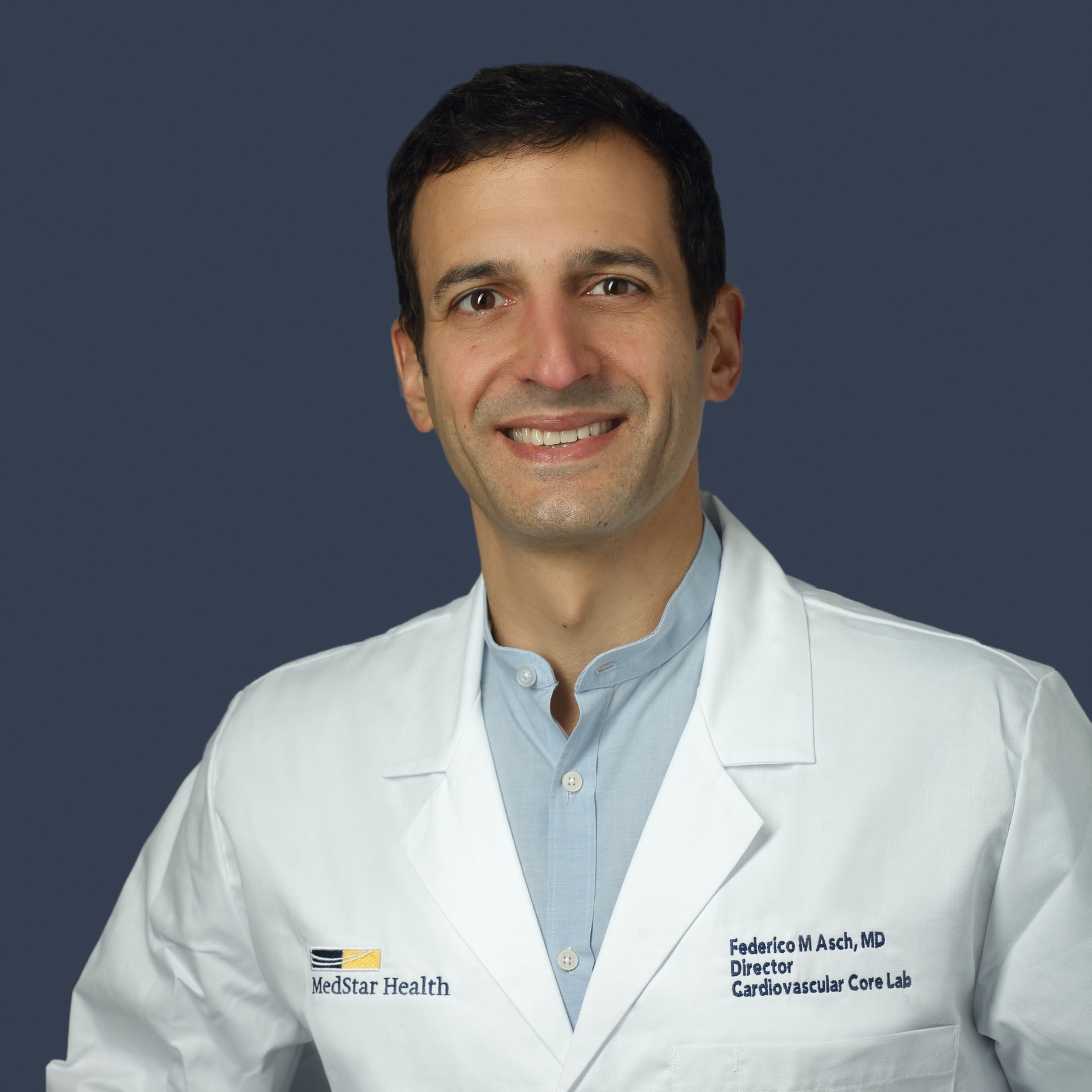
Federico Asch, MD, FASE
Vice President (term expires June 2026) MedStar Health Research Institute, Washington, DC
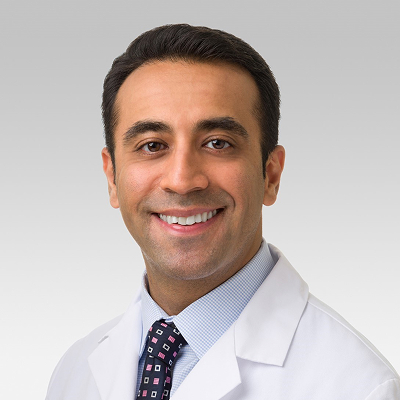
Akhil Narang, MD, FASE
Treasurer (term expires June 2027) Northwestern Medicine, Chicago, IL

Melissa Wasserman RDCS, RCCS, FASE
Secretary (term expires June 2026) Children’s Hospital of Philadelphia, Philadelphia, PA
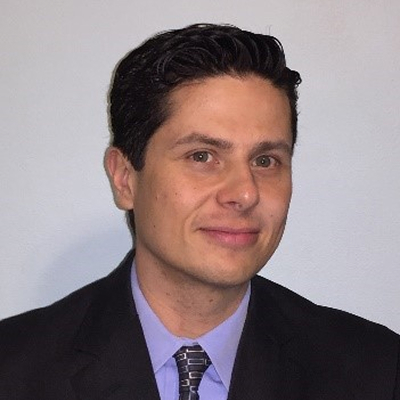
Kelly Thorson, DHSc, MSRS, ACS, RDCS, FASE
Council Representative (term expires June 2026) Lucile Packard Children’s Hospital Stanford, Palo Alto, CA
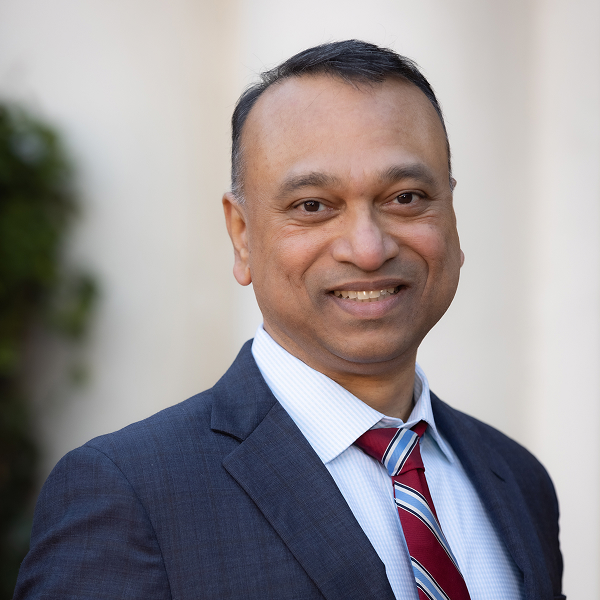
Theodore Abraham, MD, FASE
Immediate Past President (term expires June 2026) University of California, San Francisco
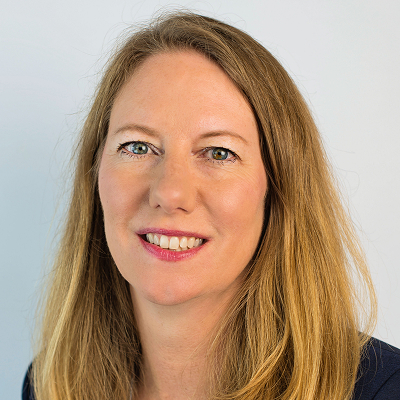
Robin Wiegerink, MNPL
Chief Executive Officer American Society of Echocardiography, Durham, NC
Directors

Karima Addetia, MD, FASE
Member at Large (term expires June 2027) University of Chicago Medical Center, Chicago, IL
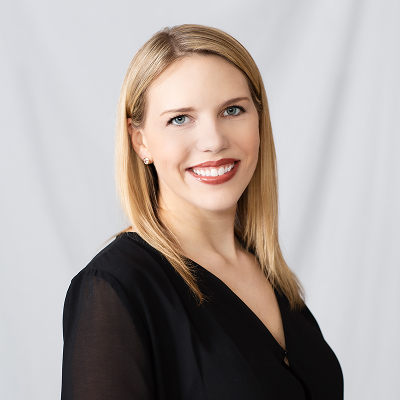
Kristen Billick BS, ACS, RCS, RDCS (AE, PE), FASE
Member at Large (term expires June 2026) Scripps Clinic and La Jolla Hospital, La Jolla, CA

Allyson Boyle MHA, ACS, RDCS, FASE
Cardiovascular Sonography Council Chair (term expires June 2026) Sanger Heart and Vascular Institute – Atrium Health, Charlotte, NC
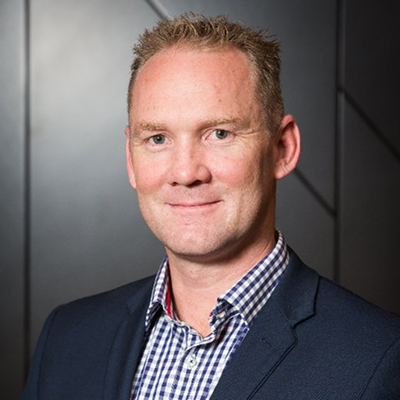
Tony Forshaw, M Cardiac Ultrasound, B Ex Sci, AMS (Cardiac), FASE
International Member Representative (term expires June 2026) Queensland University of Technology, Queensland, Australia

Pei-Ni Jone, MD, FASE
Pediatric & Congenital Heart Disease Council Chair (term expires June 2027) Lurie Children’s Hospital, Chicago, IL
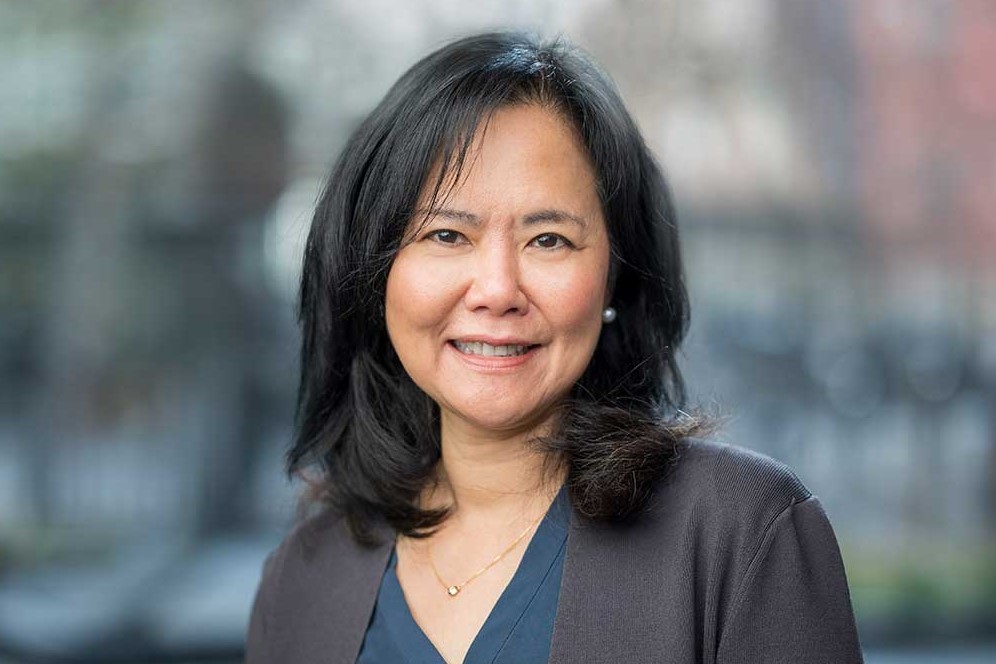
Jennifer Liu, MD, FASE
Member at Large (term expires June 2026) Memorial Sloan Kettering Cancer Center, New York, NY
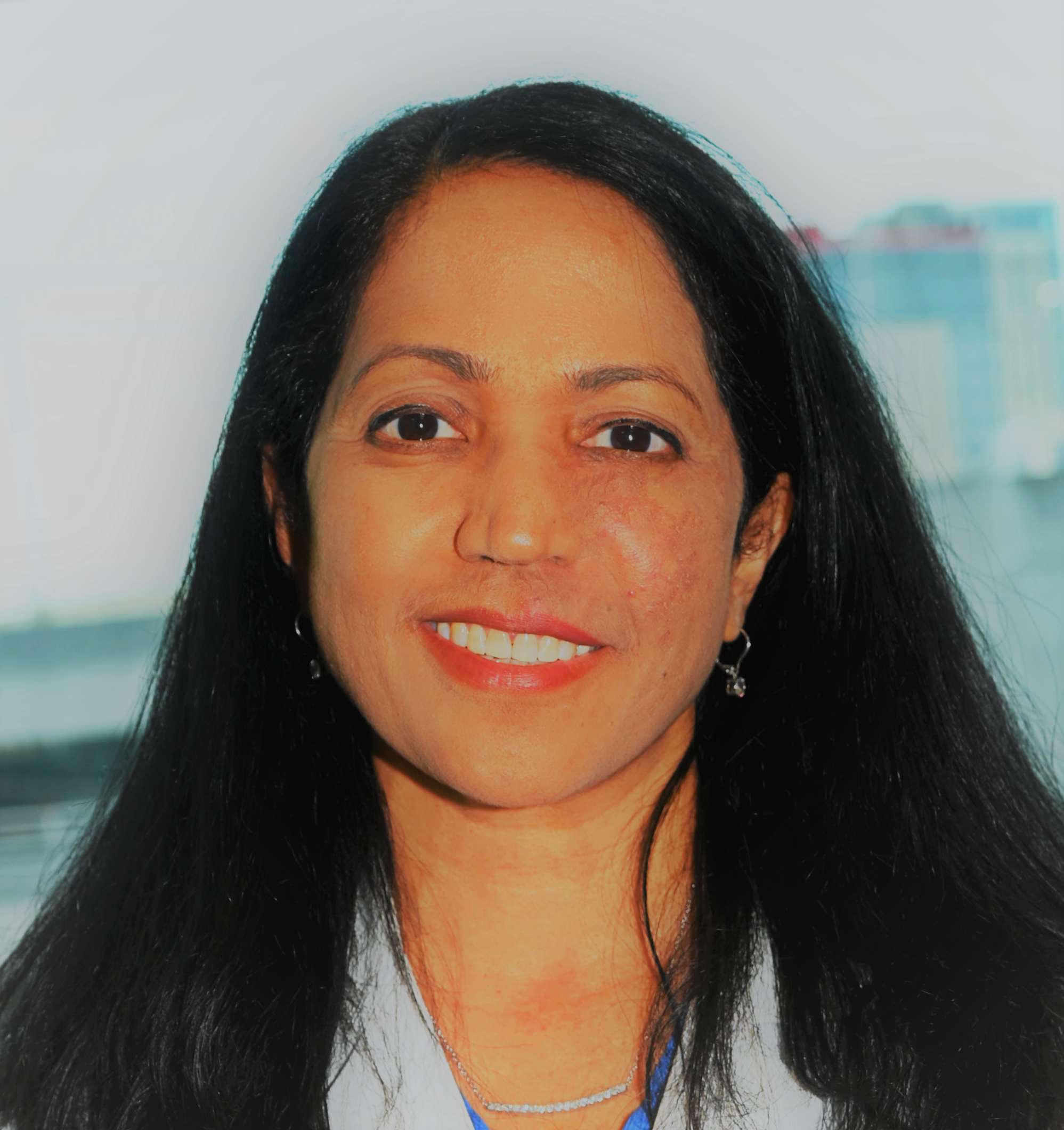
Kameswari Maganti, MD, FASE
Member at Large (term expires June 2026) Rutgers Robert Wood Johnson Medical School, New Brunswick, NJ
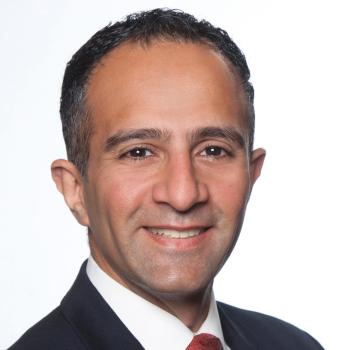
Shiraz Maskatia, MD, FASE
Leadership Academy Representative (term expires June 2027) Stanford University Medical Center, Palo Alto, CA

Monica Mukherjee, MD, FASE
Member at Large (term expires June 2027) Johns Hopkins University, Baltimore, MD
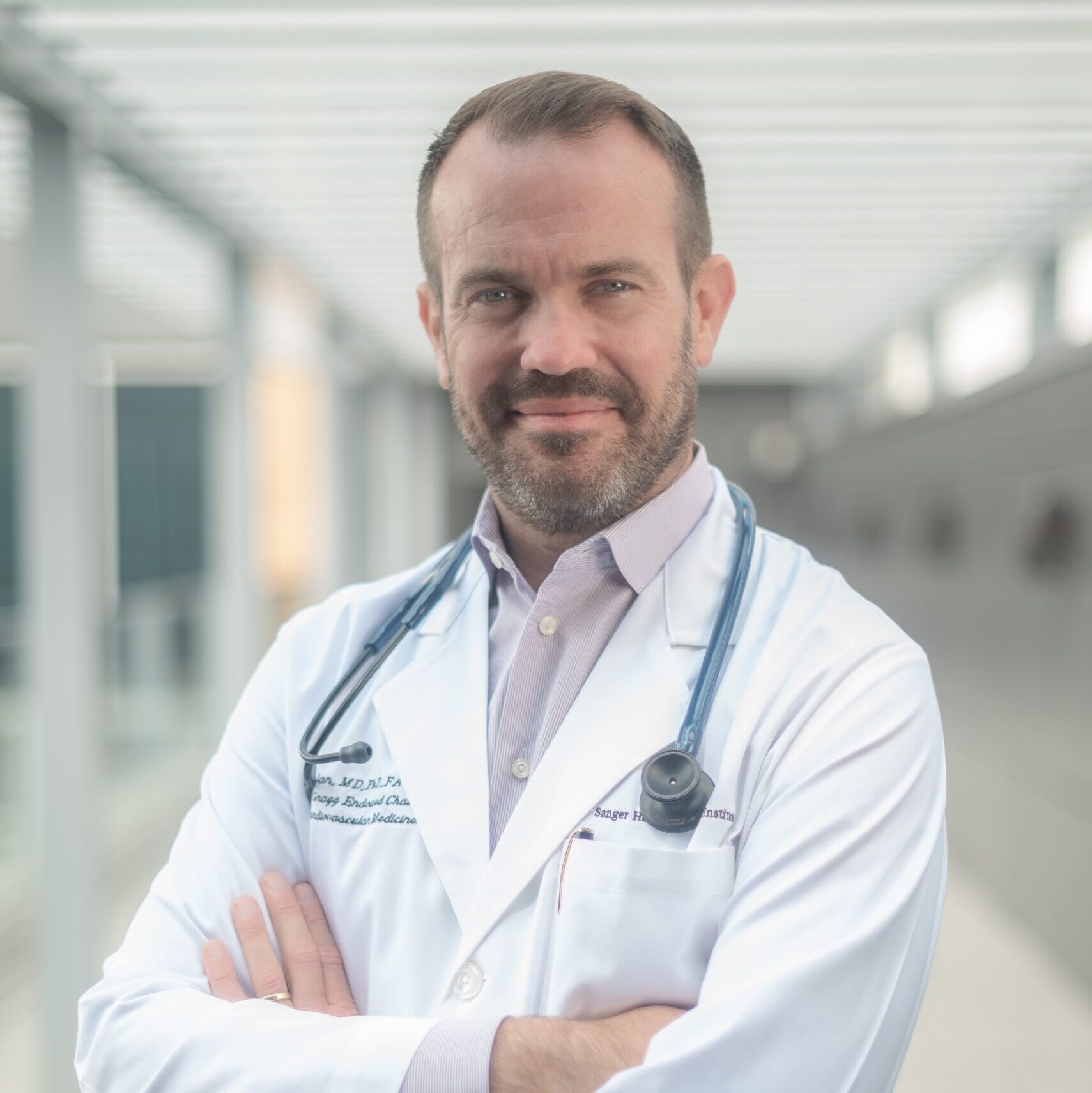
Dermot Phelan, MD, PhD, FASE
Member at Large (term expires June 2027) Sanger Heart and Vascular Institute-Atrium Health, Charlotte, NC
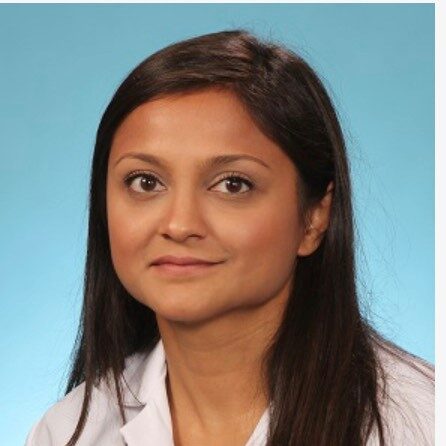
Nishath Quader MD, FASE
Interventional Echocardiography Council Chair (term expires June 2026) Washington University in St. Louis, St. Louis, MO
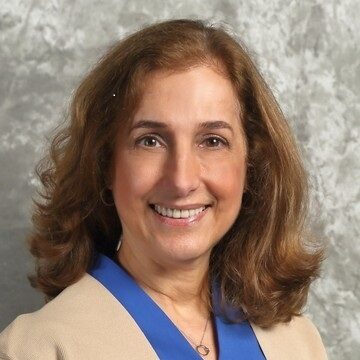
Vera Rigolin, MD, FASE
Past President Representative (term expires June 2027) Northwestern Medicine, Chicago, IL
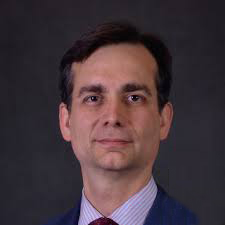
Douglas Shook, MD, FASE
Perioperative Echocardiography Council Chair (term expires June 2027) Brigham and Women’s Hospital, Boston, MA
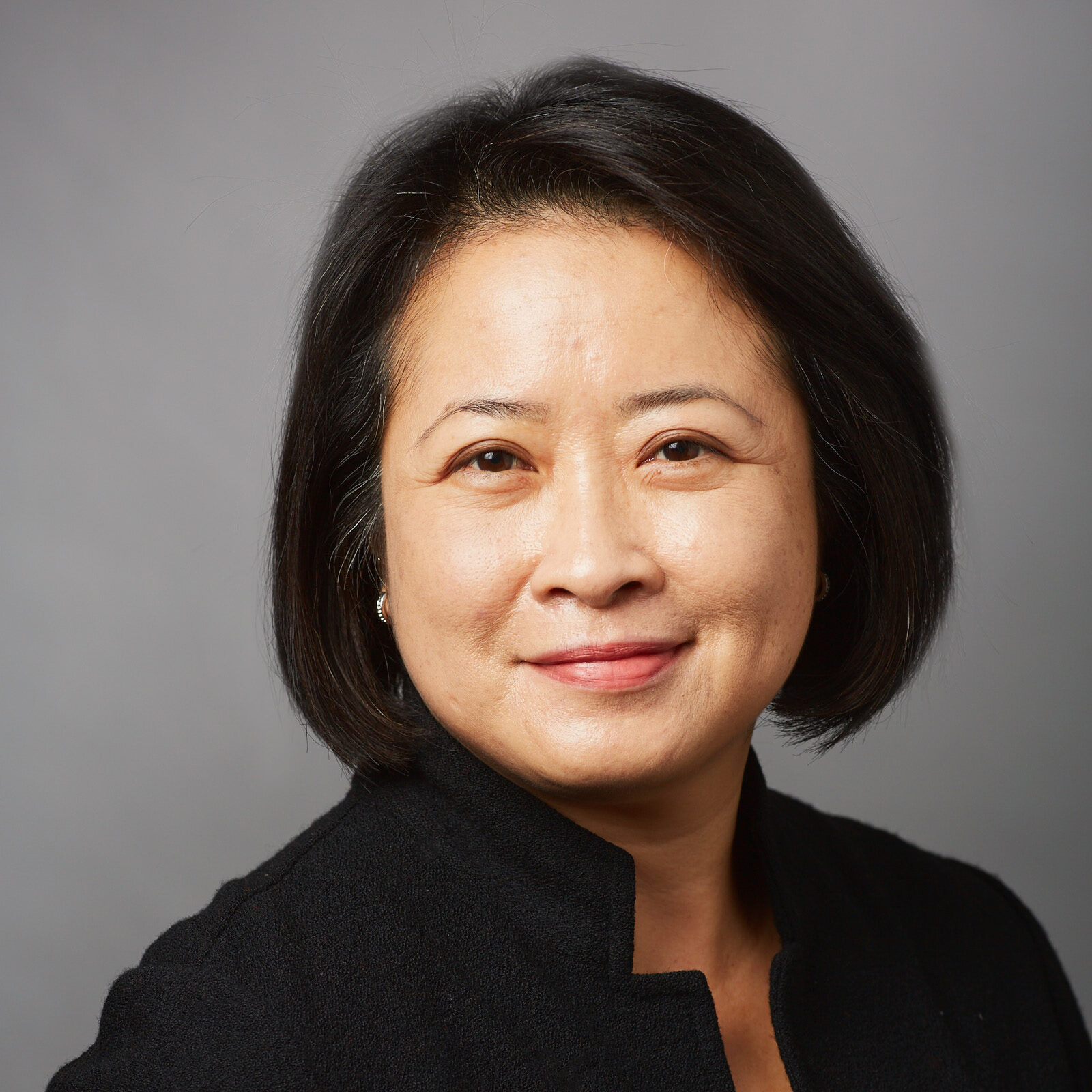
Lissa Sugeng, MD, MPH, FASE
Member at Large (term expires June 2027) ale University School of Medicine, New Haven, CT
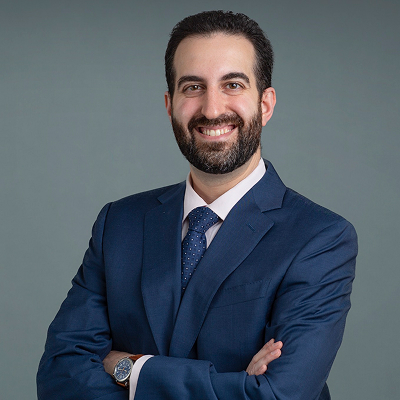
Matthew Vorsanger, MD, FACC, RPVI, FASE
Circulation & Vascular Ultrasound Council Chair (term expires June 2026) NYU Grossman School of Medicine, New York, NY
